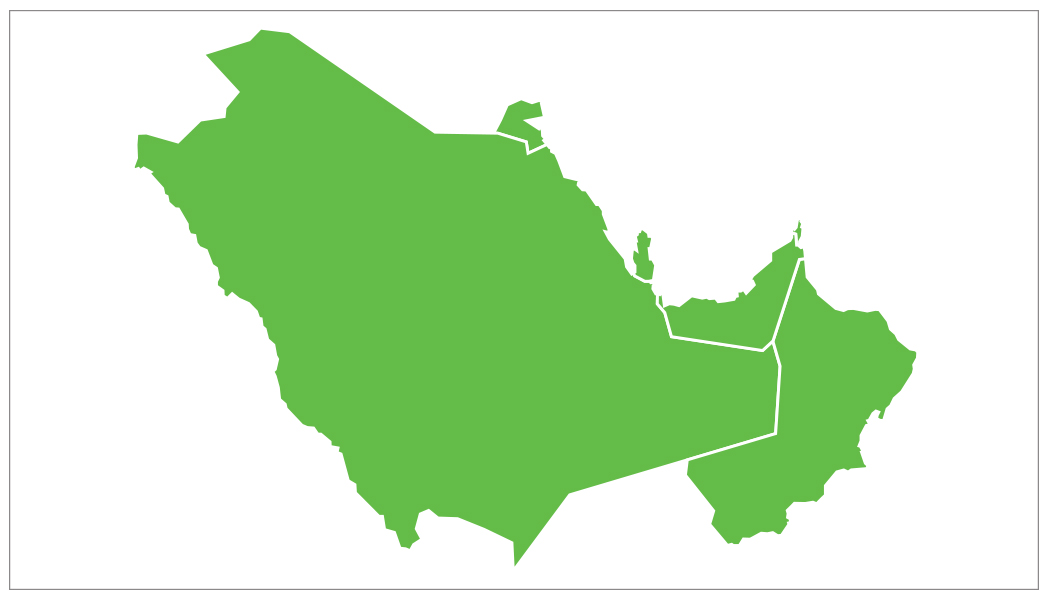
INTERNATIONAL MARKET REPORT
12/26/2024
GULF STATES
MARKET PULSE
(SOURCE: WSTFA)
Feedback from the Trade on Their Plans and Interest in the USA Pear Season:
Trade has shown consistent interest in the USA Pear season. One importer recently received a container of USA Pears by mid-week of December 16. However, they expressed dissatisfaction with the quality of the shipment, stating that it did not meet their expectations, especially given the high price. The importer is currently awaiting the arrival of additional containers and has noted that they cannot conclusively assess the overall quality of this season’s crop until they receive and evaluate the remaining shipments.
Expectations for Any Freight or Logistics Challenges:
None at this time.
Opportunities in Your Market for Specific Varieties, Sizes, and Grades:
The Gulf States market, including the UAE, offers significant opportunities for USA Pear exporters. Premium varieties are well-received, with demand focused on medium-to-large sizes and higher-grade classifications such as gourmet and fancy fruits. Increasing health awareness and a preference for premium imported fruits are driving market growth, alongside a rising interest in diverse and high-quality produce across the region.
Update on the Competition in the Market:
This season, USA Pears face significant competition in the Gulf States, particularly the UAE, from South African varieties such as Forelle, Rosemary, Vermont Beauty, and Packham, which are widely available in the market. Turkish and Spanish pears have also established a presence, appealing to cost-conscious buyers, while Chinese pears, supported by large-scale production, are increasingly visible. These varieties, combined with growing demand for diverse options, present strong competition for USA Pears in the region.
Political or Economic Issues Impacting Imports, Retail, or Consumer Behavior:
Geopolitical issues, including the Houthi attacks on shipping routes and the Gaza conflict, are impacting the Gulf States' imports, retail, and consumer behavior. The Houthi attacks have raised concerns over the safety of key maritime trade routes, potentially disrupting food imports and increasing shipping costs, which could drive up prices for imported goods. Additionally, the Gaza conflict contributes to regional instability, affecting trade policies and supply chains. In response to these challenges, the UAE has been diversifying import sources and investing in local food production technologies to ensure food security and stabilize the market.
Other Brief Comments:
None at this time.